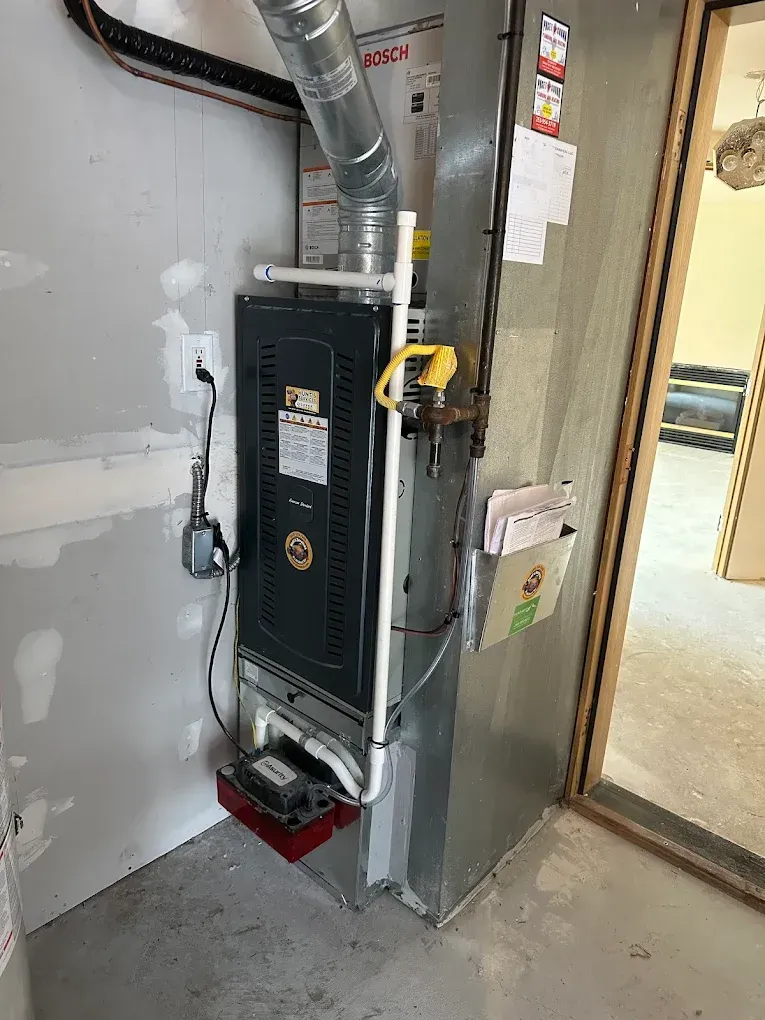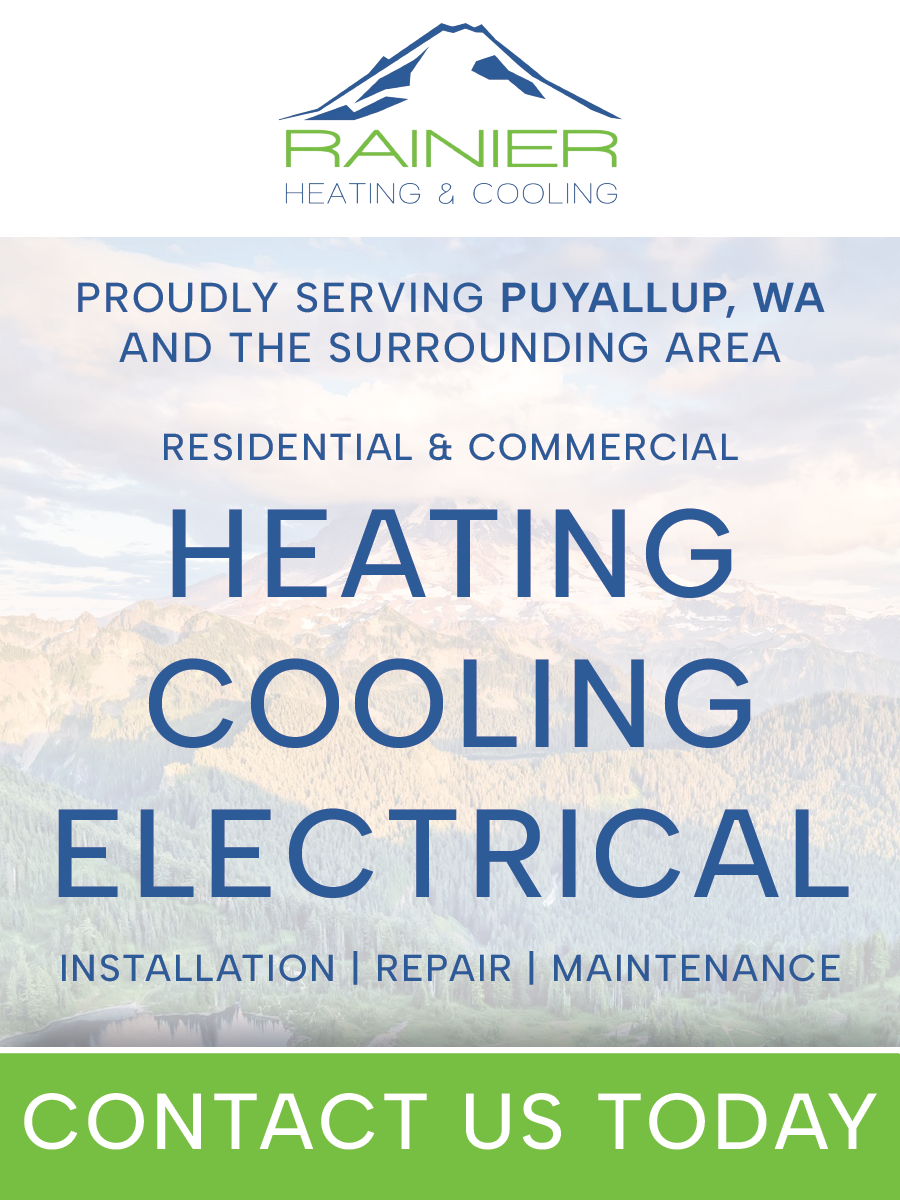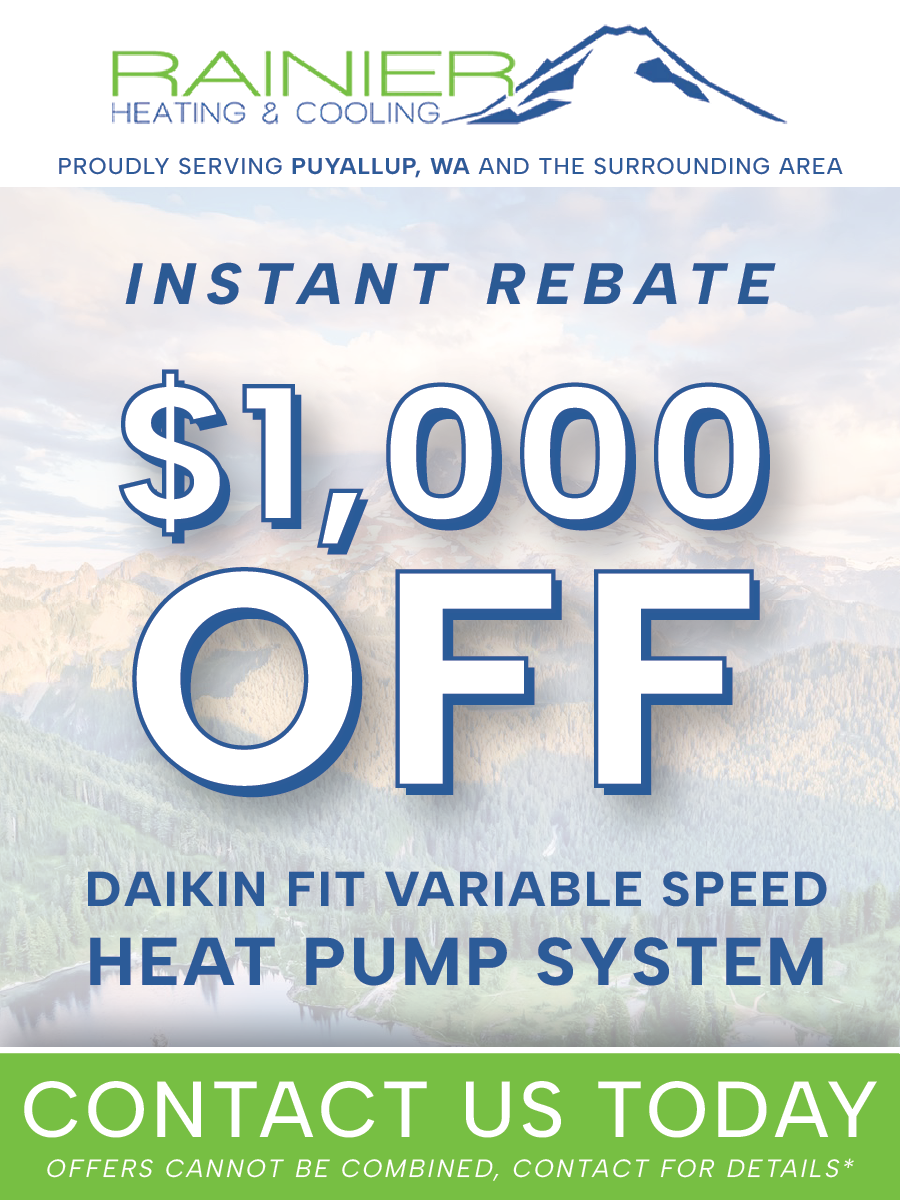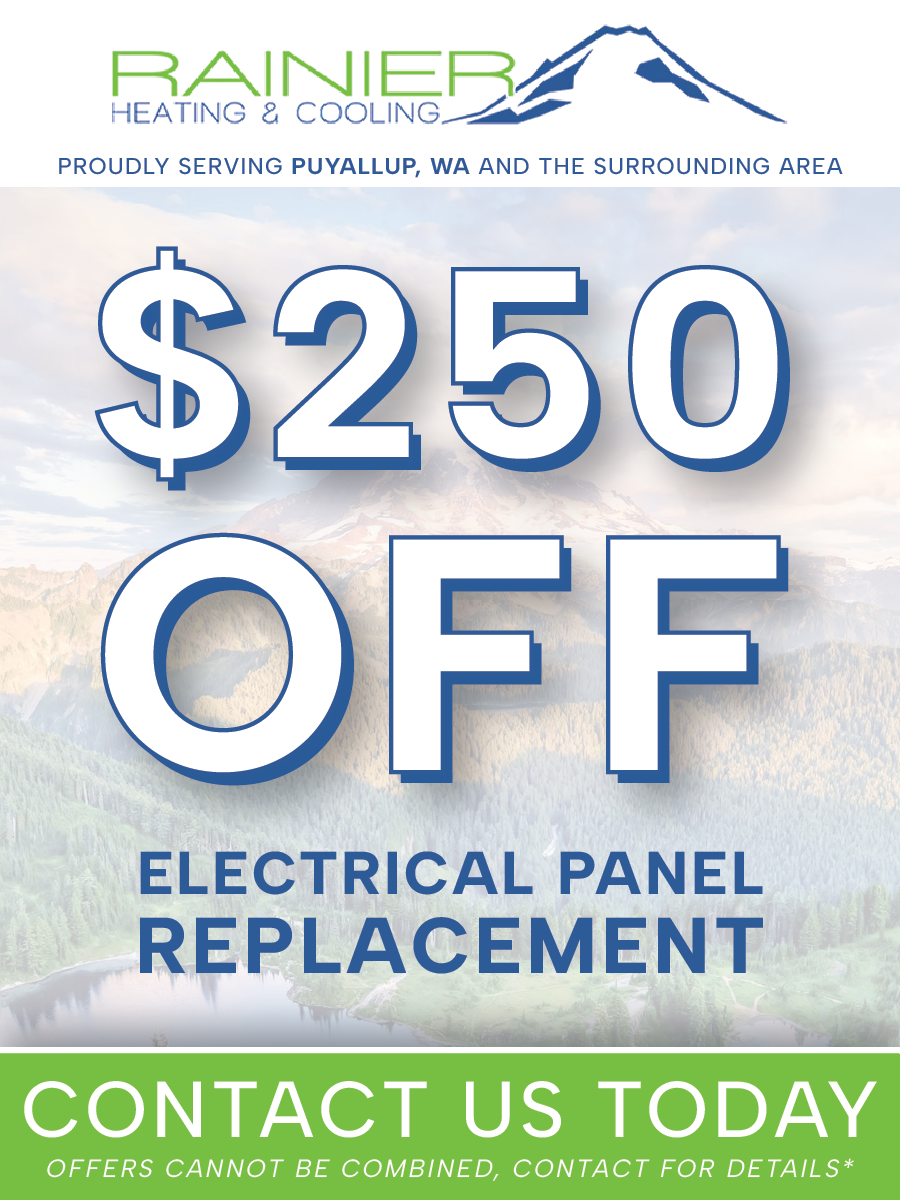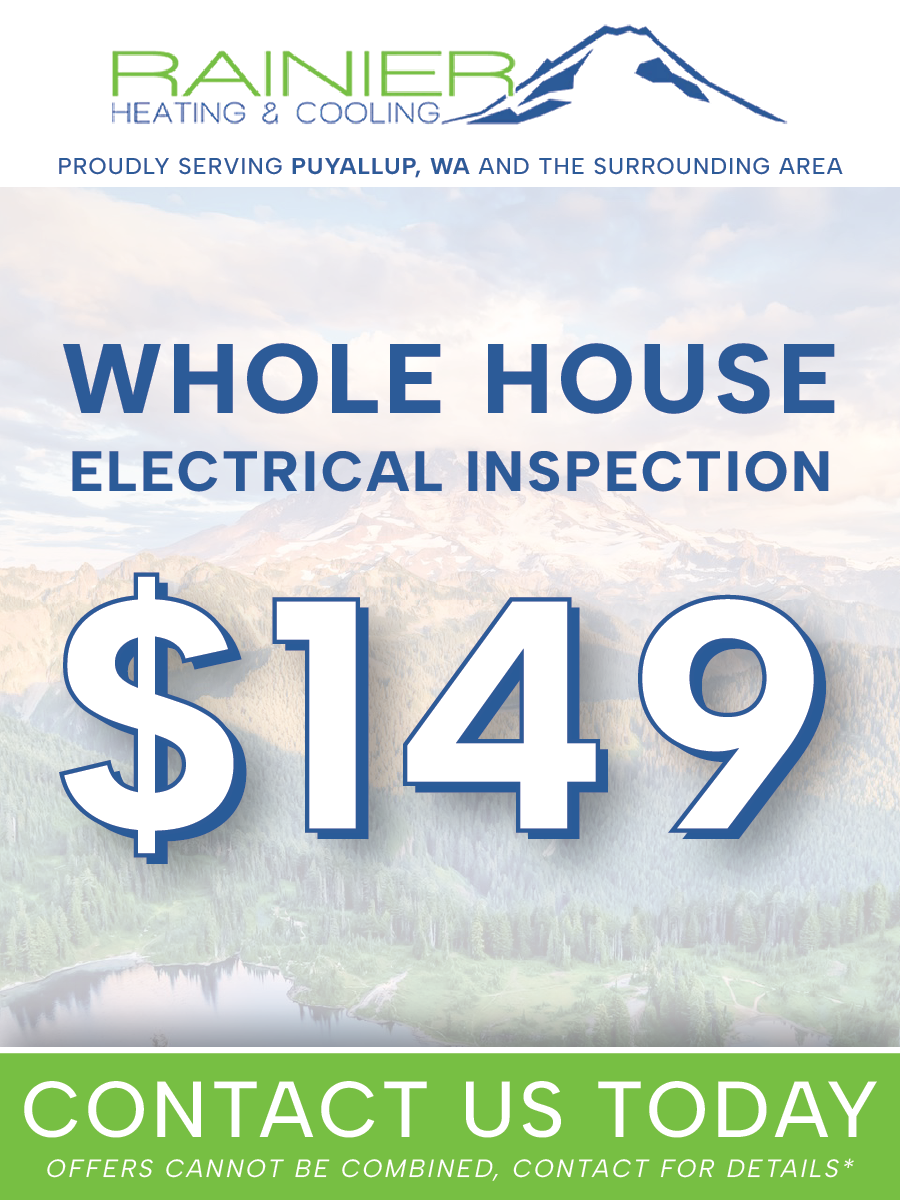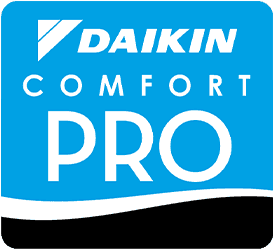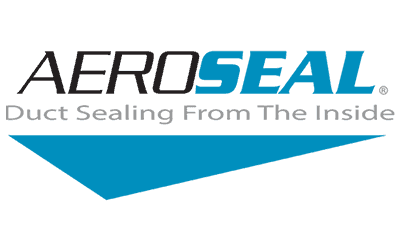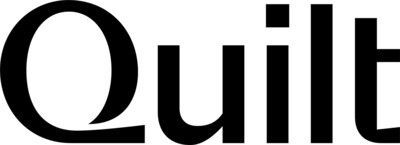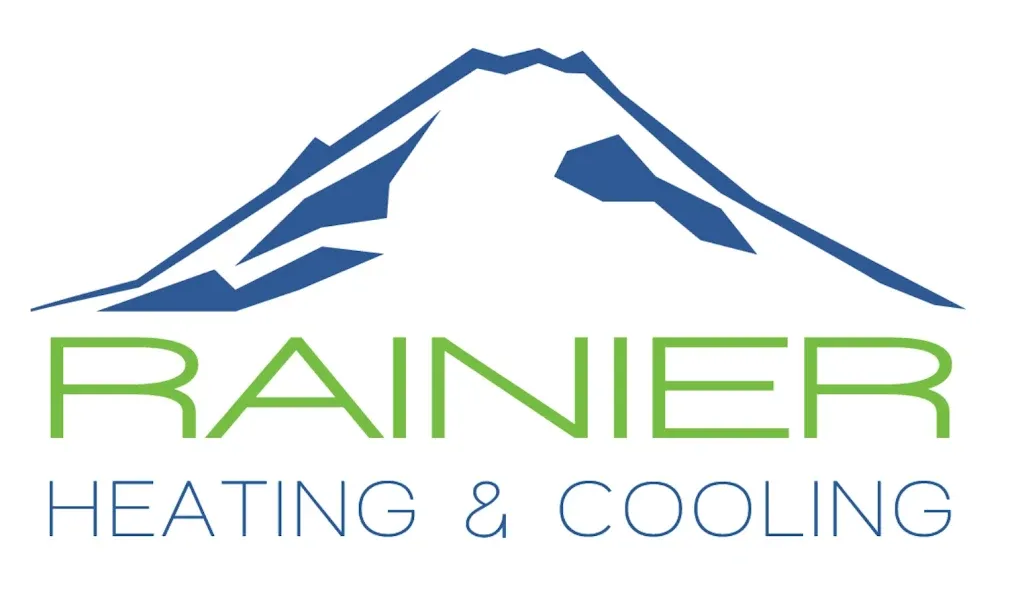Top-Notch Heating Repair Services for Any Type of System
There’s no need to panic when your home’s heating goes down, even in the dead of winter. Reach out for rapid heating repair services from the experienced technicians at Rainier Heating & Cooling. We’ve been handling repairs for all types of heating systems, from combustion and mechanical to electrical and refrigerant departments, for more than 15 years. We’ll get your home back in order as quickly as possible.
Our Approach to Heating Repairs
Above all else, what we want for our customers is for their heating system to keep running long after we’ve provided repairs. That’s why we take a deliberate approach to heating repair services that focuses on finding the root cause of any issue at hand.
We’ll evaluate all components, from furnace burners to heat pump coils, to track down the problem. From there, we’ll apply modern methods to carry out rapid and effective repairs.
24/7 Emergency Heating Repair Service
You don’t get to choose when your heating system goes down. And if it happens on a cold winter night, then your household can be in real danger. The good news is that you can always count on our 24/7 emergency heating repairs.
But even then, there’s no need to wait until your system breaks down entirely. Don’t hesitate to let us know if you’ve noticed inconsistent temperatures, strange sounds or smells, or rising energy costs; our team can address all of these issues before they come to a head.

